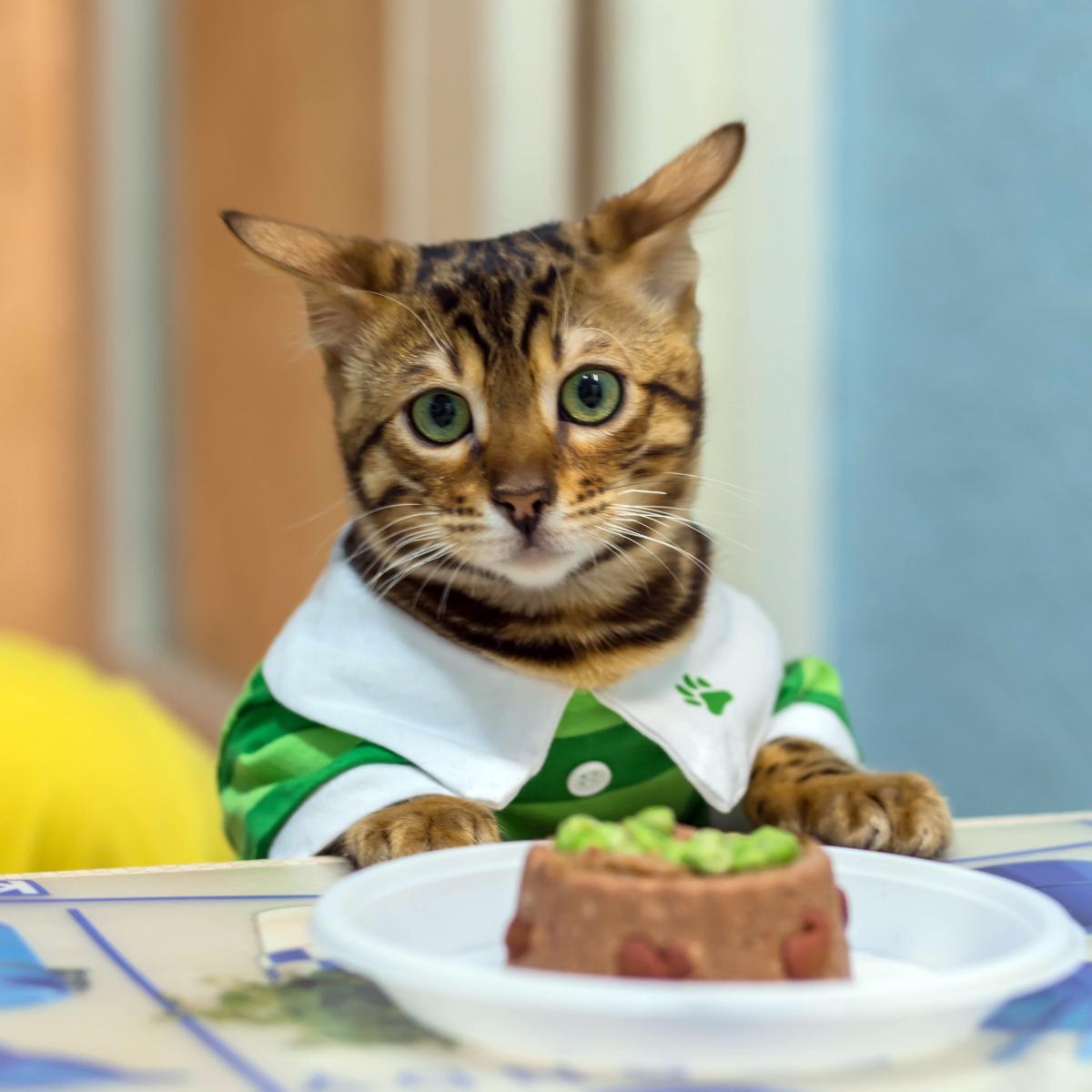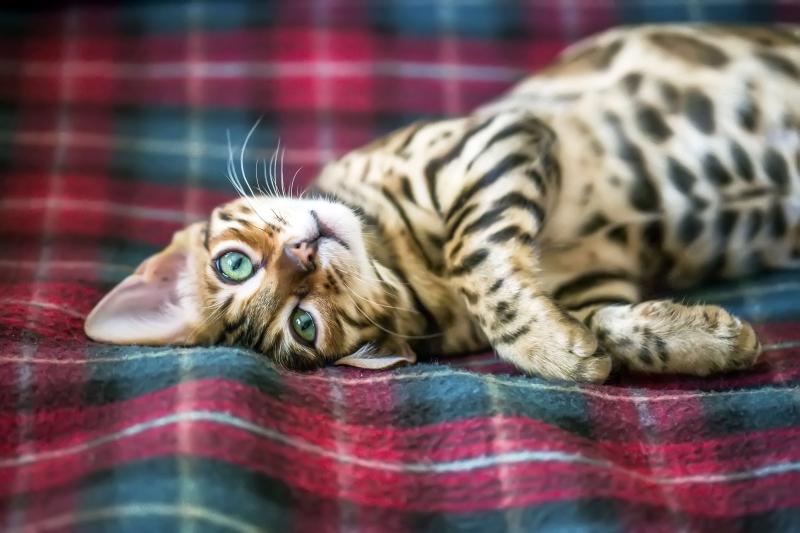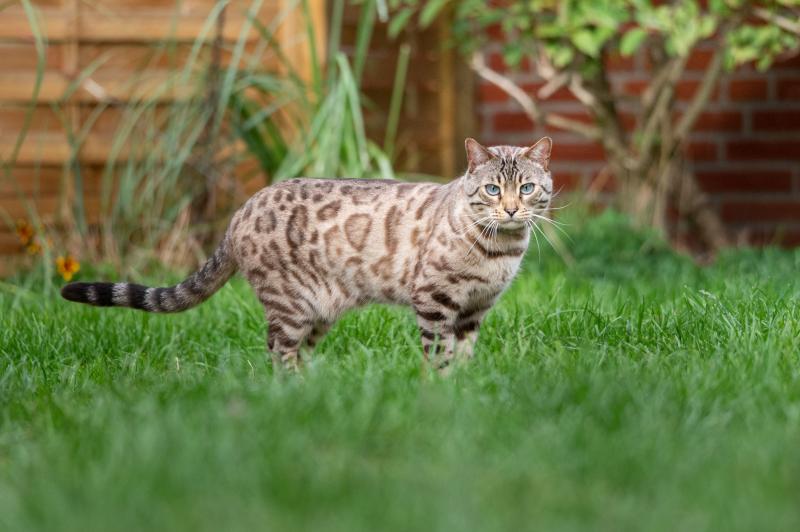Introduction:
Welcome to Bengal Cat Nutrition 101, where we dive into the world of feeding your feline friend for optimal health. As a Bengal cat owner, you understand the importance of providing a well-balanced diet that meets their specific nutritional needs. In this article, we'll explore essential tips and considerations to ensure your Bengal cat thrives on a diet that promotes their overall well-being. Get ready to embark on a journey of feline nutrition and discover how to keep your Bengal cat healthy and nourished.
- Understanding Bengal Cat Nutritional Requirements:
To provide the best possible nutrition for your Bengal cat, it's crucial to understand their specific dietary requirements. Bengal cats require a balanced diet that consists of high-quality protein, essential fatty acids, and adequate hydration. We'll delve into the importance of these nutrients and how they contribute to your Bengal cat's overall health and vitality. By understanding their nutritional needs, you can make informed choices when selecting cat food and ensure your Bengal cat receives the nourishment they deserve.
- Choosing High-Quality Cat Food:
Selecting the right cat food plays a vital role in supporting your Bengal cat's well-being. Look for high-quality cat food that features real meat as the primary ingredient and avoids fillers or artificial additives. Consider both wet and dry cat food options, as each has its benefits. Wet food provides hydration and can be especially beneficial for Bengal cats prone to urinary tract issues, while dry food helps maintain dental health. Strike a balance between the two, and consult your veterinarian for specific recommendations based on your Bengal cat's age, activity level, and health condition.
- Portion Control and Feeding Schedule:
Maintaining an appropriate portion size and feeding schedule is essential for your Bengal cat's weight management and overall health. Overfeeding can lead to obesity, while underfeeding can result in nutrient deficiencies. Follow the recommended feeding guidelines provided by the cat food manufacturer and adjust portion sizes based on your Bengal cat's individual needs. It's also beneficial to establish a consistent feeding schedule to help regulate their metabolism and digestion. Remember to monitor their body condition and consult your veterinarian if you have any concerns about their weight or feeding routine.
- Special Dietary Considerations:
Certain Bengal cats may have specific dietary considerations due to allergies, sensitivities, or underlying health conditions. Discuss any concerns or observed symptoms with your veterinarian, who can provide guidance on special diets tailored to your Bengal cat's unique needs. Whether it's a grain-free diet, limited ingredient formula, or a prescribed therapeutic diet, following your veterinarian's recommendations can help address specific dietary concerns and promote optimal health for your Bengal cat.
- Hydration and Water Availability:
Hydration is crucial for maintaining your Bengal cat's overall health and preventing urinary tract issues. Ensure a constant supply of fresh, clean water is readily available to your Bengal cat at all times. Consider providing a water fountain or multiple water stations throughout your home to encourage regular hydration. Additionally, you can incorporate wet cat food or water-rich treats to increase their water intake. By prioritizing hydration, you support your Bengal cat's kidney function and promote a healthy urinary system.
Conclusion:
Feeding your Bengal cat for optimal health is a journey that requires attention to their specific nutritional needs and individual requirements. By understanding their dietary requirements, choosing high-quality cat food, practicing portion control, and considering special dietary considerations, you can ensure that your Bengal cat receives the nourishment they need to thrive.
Remember, each Bengal cat is unique, and it may take some trial and error to find the perfect balance of nutrition for your furry friend. Consult with your veterinarian for personalized recommendations based on your Bengal cat's age, activity level, and health condition. Regularly monitor their body condition and make adjustments to their diet as needed.
With a well-planned nutrition strategy, you can contribute to your Bengal cat's overall health, longevity, and well-being. Witness the radiance of their coat, the energy in their playfulness, and the joy in their eyes as they enjoy meals that cater to their specific needs.
So, are you ready to embark on a nutritional journey that will keep your Bengal cat thriving? Share your experiences and tips in the comments below. Let's support each other as we provide the best nutrition for our beloved Bengal cats!



